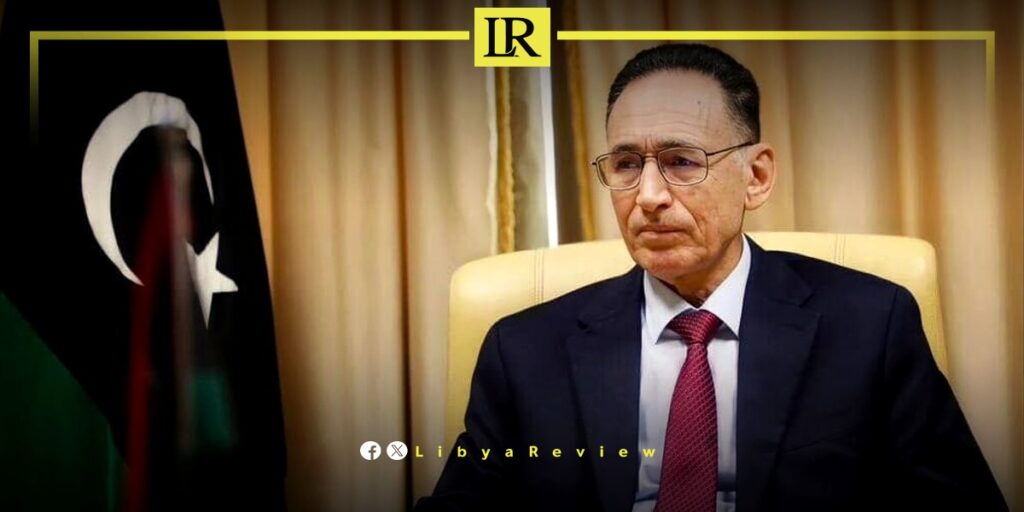Libya’s Ministry of Economy and Trade under the Government of National Unity (GNU) has issued a strong warning to citizens and residents against engaging in foreign currency speculation. The ministry cautioned against purchasing foreign currencies for non-productive or illegitimate consumption purposes and urged the public to avoid unofficial recommendations or market rumours.
The warning follows a letter from the Governor of the Central Bank of Libya (CBL) to the Acting Minister of Interior, requesting strict measures to counter the widespread sale and purchase of foreign currencies outside official channels. The CBL described such practices as “organised and openly conducted,” calling them a major economic challenge.
The Ministry highlighted that previous rounds of currency speculation had caused direct financial losses, especially in light of improving internal economic indicators and a more disciplined monetary policy. It stated that Libya’s financial position remains strong, making speculation increasingly unprofitable.
Current fluctuations in the parallel market exchange rate, the ministry noted, do not reflect an actual shortage of foreign currency. Instead, they are attributed to the withdrawal of specific currency denominations, which has temporarily created secondary market pressures.
The Central Bank, in coordination with economic institutions, is currently executing a comprehensive plan to restructure money supply. The initiative, expected to conclude by early Q4 of this year, is aimed at supporting the Libyan dinar.
Moreover, over 132 currency exchange companies have recently been licensed to operate officially, with more to follow. The ministry said this move will help regulate the foreign exchange market and gradually curb the influence of the black market.
The CBL Governor warned that continued activity in the informal market could fund illicit operations, including money laundering and terrorism, and called for strict penalties against violators.


